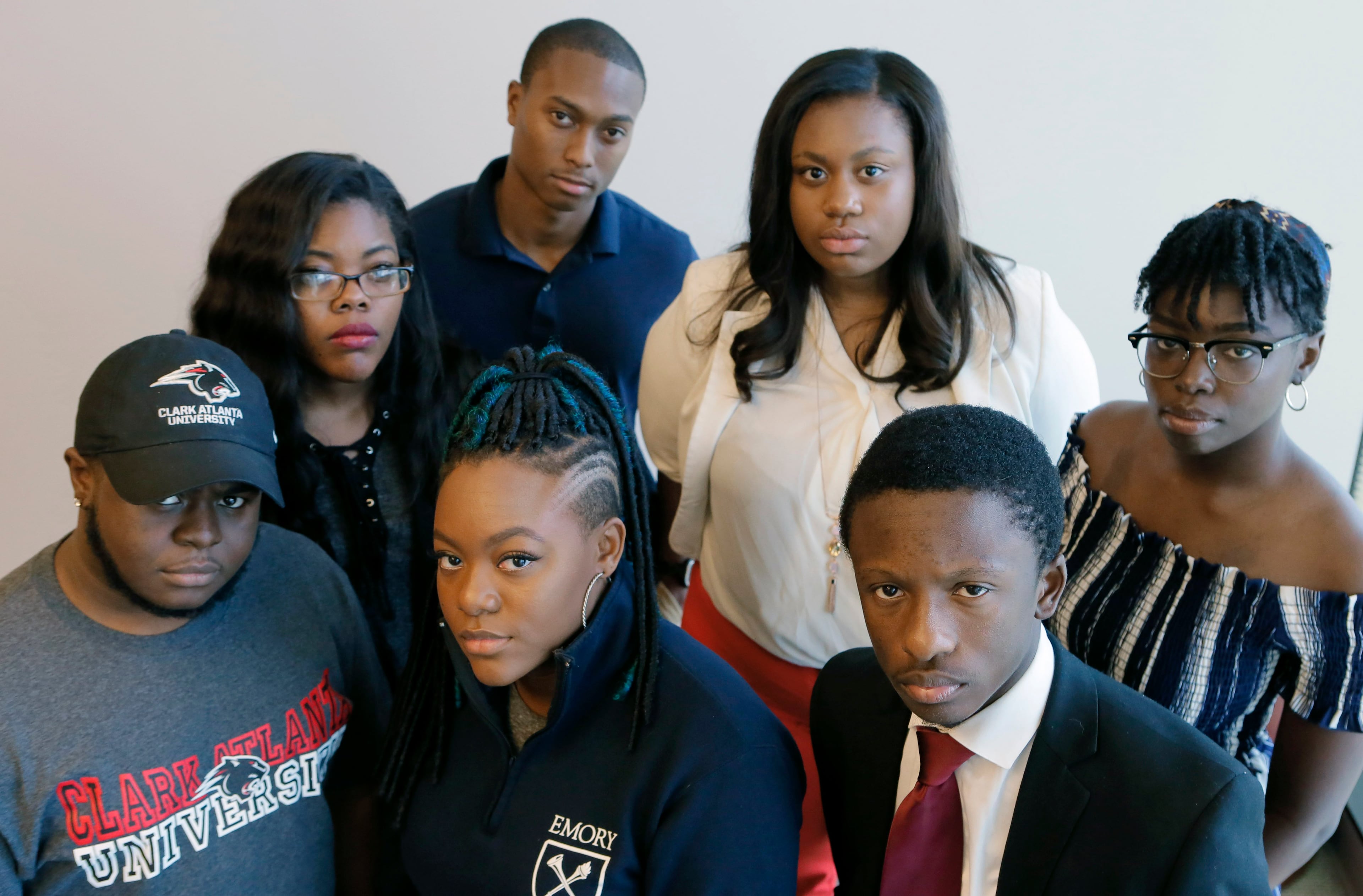Dear White People: 'I'm a nuclear engineer'
DJ Lewis is a lot of things.
The president of the Georgia Tech chapter of Alpha Phi Alpha, the oldest black fraternity in the country.
The doting boyfriend of a Spelmanite.
The nuclear and radiological engineering major.
But in watching the show "Dear White People," about black students on an elite white college campus, he relates to a lot of what he sees, particularly when it comes to how he is perceived.
"Being the only person of color in the room," said Lewis, 22. "Being asked if you are an athlete because you are a black guy who is slightly fit. Little things like that."
As part of the AJC's RE:Race project's continued conversation about "Dear White People," with black college students throughout Atlanta, we looked at perceptions of what a black college student is supposed to be and look like.
For the most part, Lewis said the show, which follows a diverse group of students, is a reasonably authentic portrayal of his life at Tech.
"We really do have those elitists, those who are super woke, and those who think they are always correct," Lewis said.
Mary-Pat Hector, a student at Spelman College, said it is hard for her to see direct correlations, but she notes how the micro-communities in the show are similar to those at the Atlanta University Center.

"Being in a community full of other HBCUs, just the interactions they had, I witness every day," said Hector, 19, a junior political science major. "Not just at Spelman College, but the whole Atlanta University Center. People automatically place Morehouse Men in the Troy stereotype and Spelman women in the Coco stereotype.
"As well as all African-Americans not having the same views on different things. We have different experiences and there is diversity amongst us all. We are not all going to have the same views."



